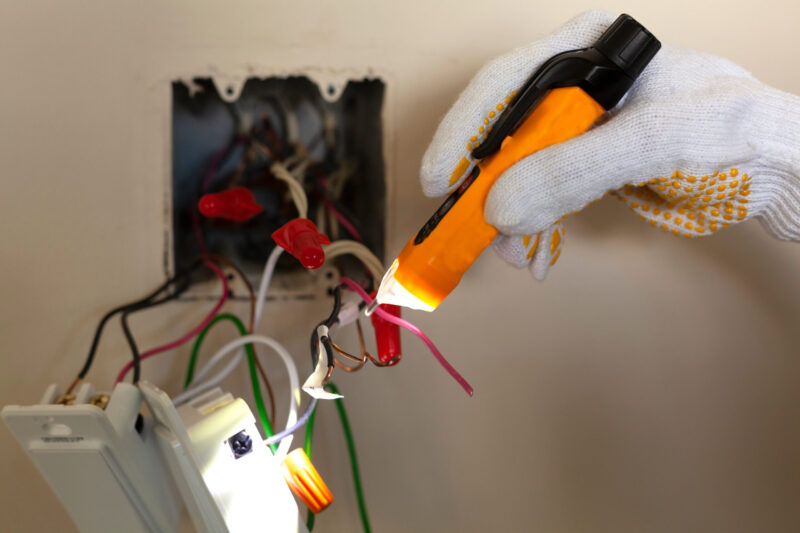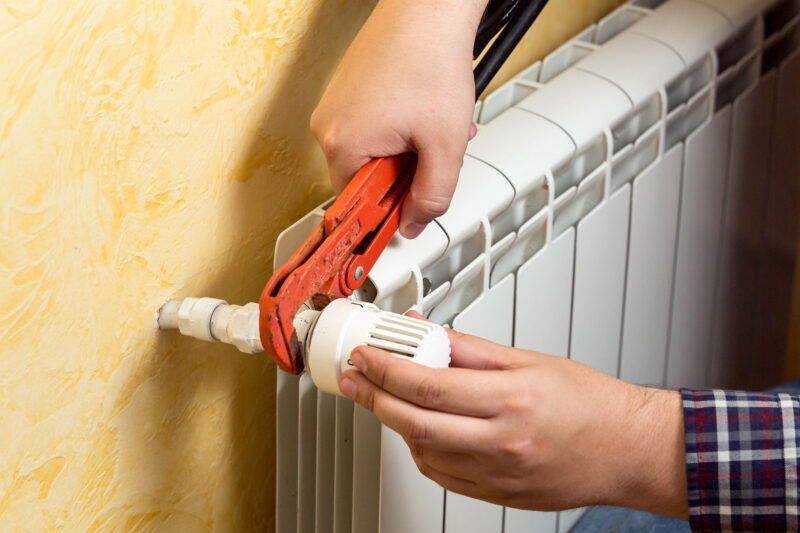Are you having issues with your heating this winter? Is your HVAC specialist recommending a complete replacement? If that’s the case, it’s important to understand the differences between the two most common heating systems: traditional heaters and heat pumps.
In the article below, Air Tech of Houston AC & Plumbing highlights the main differences between a regular heater and a heat pump. Keep reading to find out which heating system is best for your home!
How Does a Traditional Heater Work?
Conventional heaters generate combustion using electricity or a fuel source such as gas or oil. As a result of this process, the heat exchanger, a metal box located within your heater, is heated. Air is routed to the heat exchanger and then circulated via ducts after being adequately heated.
Because traditional heaters are used in the majority of houses, most people are more familiar with these types of heaters than they are with heat pumps.
Cost
According to Home Guide, the typical cost of replacing a heater in Houston can range anywhere from $6,000 to $12,000 on average, depending on the model. This does not cover maintenance, which runs from $200 to $400 each year.
Efficiency
Traditionally designed heaters have a reputation for being on the lower end of the efficiency spectrum. In fact, according to the Department of Energy (DOE), traditional heaters lost around 44% and 30 percent of their fuel supply through flue gas exhaust and heat bleed from the combustion chamber.
However, modern conventional furnaces are much more efficient than those found in older homes.
Maintenance
The lifespan of a traditional heater can be extended by many years if it is properly maintained. This includes replacing heater filters every month (or at least every three months), in addition to scheduling yearly inspections.
Failure to do so may result in a blockage in your heating system, leading to costly repairs in the future.
How Does a Heat Pump Work?
In contrast to traditional heaters, heat pumps don’t use fuel or oil to generate heat. They function in a manner similar to refrigerators in that they transfer heat from one spot to another using electricity. When a refrigerator is turned on, it takes heat from the freezer and discharges it outside the refrigerator.
Similarly, a heat pump collects heat from inside your home during the warmer months and sends it outside. During the cooler months, it receives heat from outside and delivers it to your home.
Cost
The cost of a basic heat pump installation is between $4,500 and $10,000 on average. Compared to traditional heaters, this is still a significant investment, but heat pumps more than make up for it over time. According to the DOE, upgrading to a heat pump can save many homes up to $1,000 per year on their heating and cooling costs.
Efficiency
Heat pumps provide both heating and cooling functions in a single unit, resulting in a lower overall energy consumption than traditional heating and cooling systems.
According to the DOE, heat pump systems have the potential to generate 1.5 to 3 times more energy than they consume in electrical energy while in use during normal operation.
Maintenance
Unlike traditional heaters, heat pumps do not require an exterior condenser unit, making them a little less complicated to maintain. They’re also less prone to experience problems because they use far more up-to-date technology than the standard traditional heater.
However, they require filter change every month, just like any other heating system.
Contact Air Tech of Houston AC & Plumbing!
Are you considering switching to a heat pump for your heating and air conditioning system? Or perhaps you have a question about heating systems in general?
You can count on Air Tech of Houston AC & Plumbing for assistance! Air Tech of Houston AC & Plumbing can help with any questions or concerns you may have about heat pump installation, replacement, or preventative maintenance.





